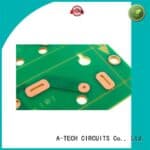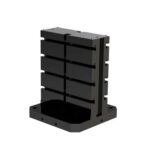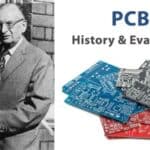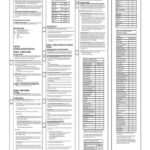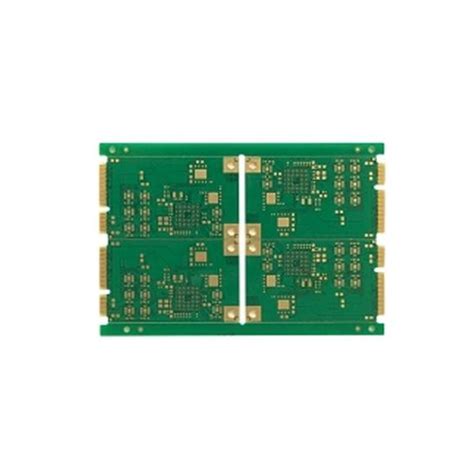
PCB Assembly Blog
-
What is (material) Tg for PCB?
Posted by
–
 Read more: What is (material) Tg for PCB?
Read more: What is (material) Tg for PCB?Understanding Tg and its Importance in PCB Manufacturing In the world of printed circuit board (PCB) manufacturing, various material properties play crucial roles in determining the performance, reliability, and longevity of the final product. One such property is the glass transition temperature, commonly known as Tg. This article will delve […]
-
What is Round-Edge Plating?
Posted by
–
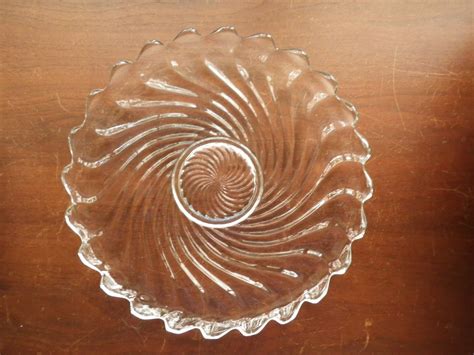 Read more: What is Round-Edge Plating?
Read more: What is Round-Edge Plating?The Importance of Round-Edge Plating Round-edge plating offers several benefits that make it an essential process in metal fabrication: Improved safety: Rounded edges minimize the risk of injuries caused by sharp or jagged edges on metal components. Enhanced durability: The plating process protects the edges from wear and tear, increasing […]
-
What are through holes on a PCB?
Posted by
–
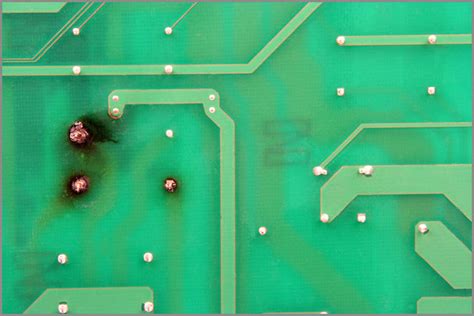 Read more: What are through holes on a PCB?
Read more: What are through holes on a PCB?What are PCB Through Holes? PCB through holes are small, plated holes drilled through the layers of a printed circuit board. These holes are typically lined with a conductive material, such as copper, to create an electrical connection between the layers of the PCB. Through holes can be used for […]
-
Copper and the Board Edge
Posted by
–
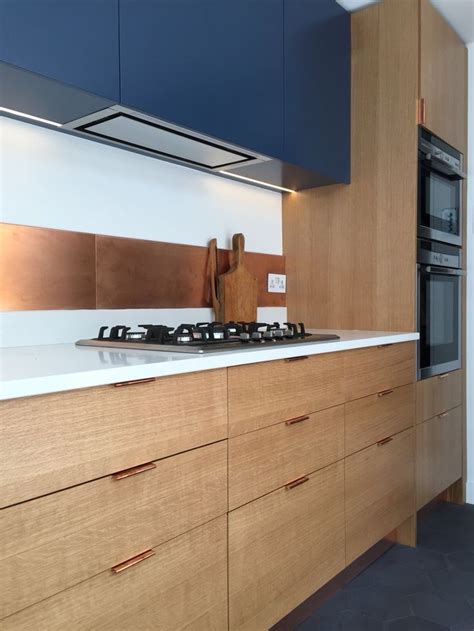 Read more: Copper and the Board Edge
Read more: Copper and the Board EdgeThe Importance of Copper in PCB Design Copper is a crucial component in the design and manufacturing of printed circuit boards (PCBs). Its excellent electrical conductivity, thermal conductivity, and resistance to corrosion make it the ideal material for creating the conductive pathways that allow electronic components to communicate with each […]
-
What is via covering in PCB?
Posted by
–
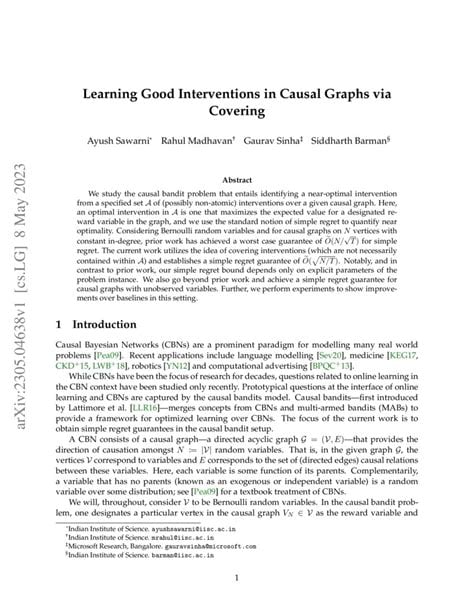 Read more: What is via covering in PCB?
Read more: What is via covering in PCB?Introduction to Via Covering Via covering is a crucial process in the manufacturing of printed circuit boards (PCBs) that involves protecting the vias from damage and ensuring the proper functioning of the board. Vias are small holes drilled through the layers of a PCB to enable electrical connections between different […]
-
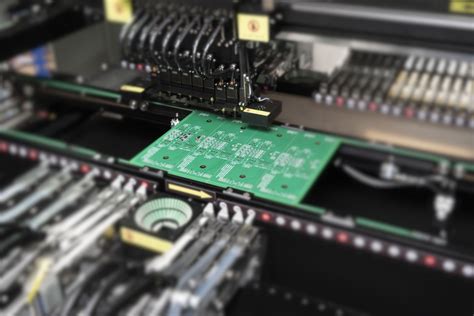 Read more: What is the function of a Printed Circuit Board Assembly?
Read more: What is the function of a Printed Circuit Board Assembly?Key Functions of PCB Assembly The primary functions of a PCB assembly include: Mechanical support for electronic components Electrical connectivity between components Compact and efficient packaging Reliable operation in various environments Enabling complex circuit designs Let’s take a closer look at each of these functions. Mechanical Support for Electronic Components […]
-
What is a PCB in layman terms?
Posted by
–
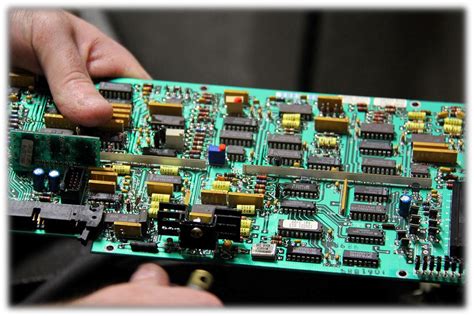 Read more: What is a PCB in layman terms?
Read more: What is a PCB in layman terms?What is a Circuit Board? A circuit board, also known as a PCB, is a flat insulating board that holds and connects electronic components using conductive pathways, tracks, or signal traces etched from copper sheets laminated onto a non-conductive substrate. In simpler terms, a PCB is a thin board made […]
-
What does PCB design stand for?
Posted by
–
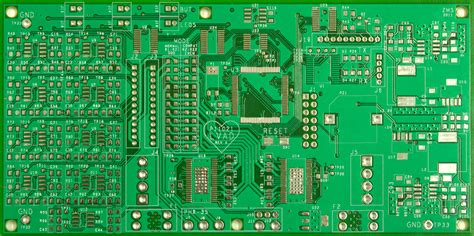 Read more: What does PCB design stand for?
Read more: What does PCB design stand for?The Importance of PCB Design PCB design is a crucial step in the development of electronic devices. It determines the functionality, reliability, and performance of the final product. A well-designed PCB ensures that the electronic components are connected correctly, minimizes signal interference, and maximizes the device’s efficiency. On the other […]
-
What is the most commonly used PCB material?
Posted by
–
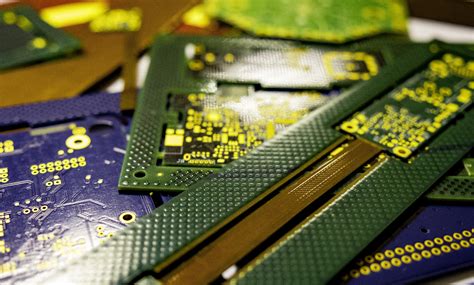 Read more: What is the most commonly used PCB material?
Read more: What is the most commonly used PCB material?Types of PCB Materials There are several types of PCB materials available in the market, each with its own unique properties and applications. The most common PCB materials are: FR-4 Polyimide Teflon Ceramic Aluminum FR-4 FR-4 is the most widely used PCB material. It is a composite material made of […]
-
What is PCB in quality?
Posted by
–
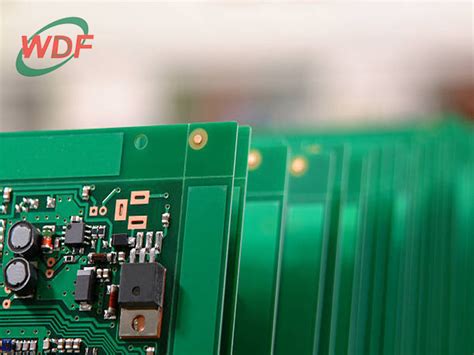 Read more: What is PCB in quality?
Read more: What is PCB in quality?Understanding PCB Quality Printed Circuit boards (PCBs) are the backbone of modern electronics. They are used in almost every electronic device, from smartphones and computers to industrial equipment and medical devices. The quality of a PCB directly impacts the performance, reliability, and longevity of the electronic device it is used […]
